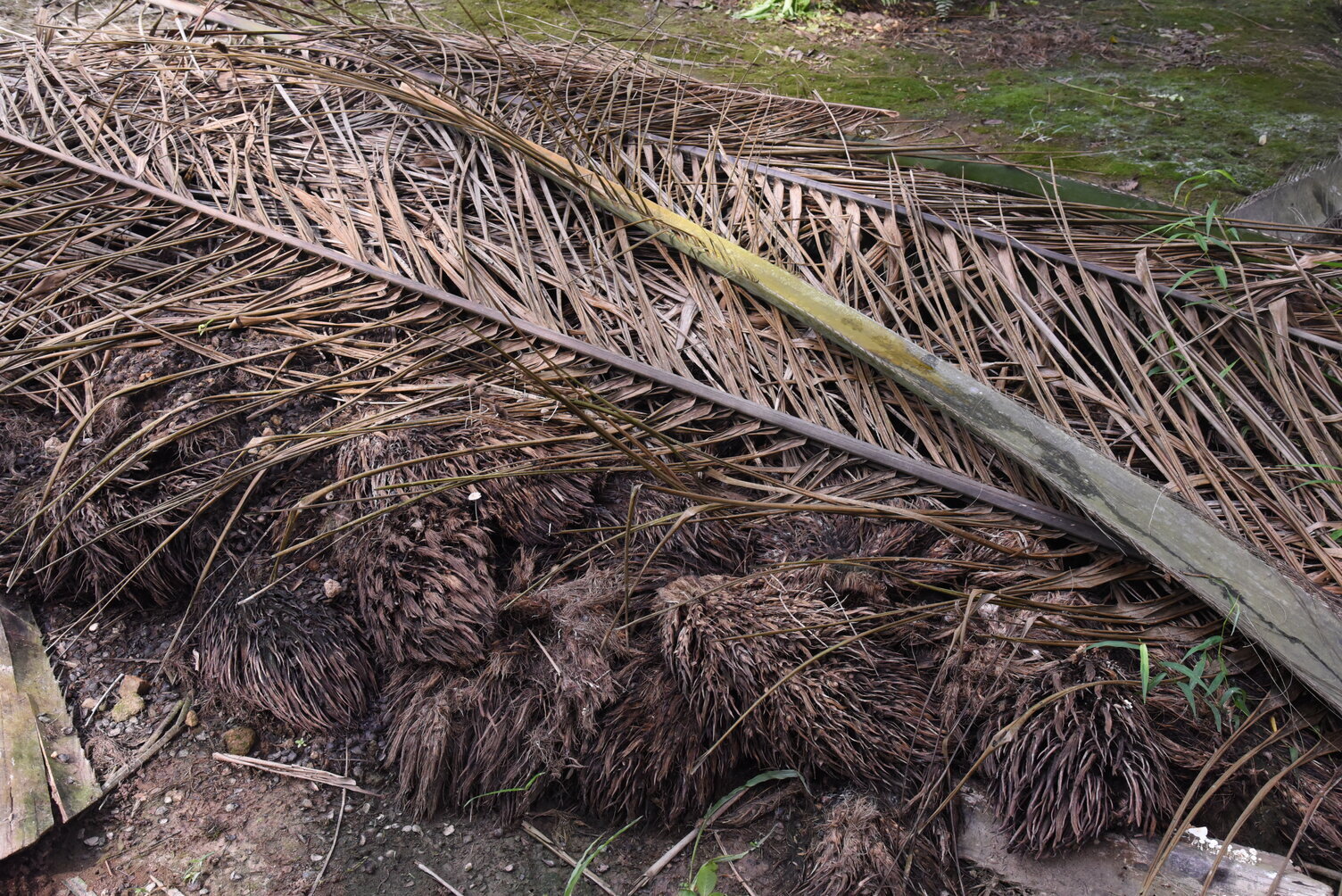MSPO Stories
We have met some wonderful people and witnessed some incredible impacts of the MSPO scheme which deserves to be shared.
These stories provide a wider look at the many facets of Malaysian palm oil from the farmers and their tales to events inspired by the MSPO. As our journey towards the certification of all palm oil operations in Malaysia under the MSPO scheme continues, we hope you find these stories as inspiring as we do.

A Smallholder’s Story: From the Plantation, to Studying Abroad
Embracing the Malaysian Sustainable Palm Oil (MSPO) certification transformed our smallholder family’s life in Sabah. It improved our farming practices, provided market access, and ensured financial stability, enabling me to pursue higher education abroad and dream of contributing to sustainable agriculture.

MSPO In A Deforestation-Free Palm Oil Supply Chain
The world needs “a major breakthrough” to slow the pace of climate change and build resilience to protect the most vulnerable from increasingly severe and frequent climate impacts, the deputy UN chief told a crucial high-level meeting on Wednesday, looking ahead to November’s COP26.

THE “DESTRUCTION: CERTIFIED” REPORT BY GREENPEACE DISREGARDS THE EFFORTS AND IMPROVEMENTS DONE BY THE PALM OIL INDUSTRY
Early March, Greenpeace released a report on deforestation that came with a scorecard measuring different certification schemes against their own analysis and judgement.

Communities An Integral Part of Conservation in Sarawak
Sarawak state at 12.4 million hectares is one of the biggest states in Malaysia. The state government has allocated 3 million hectares for agriculture which includes a plan to increase its oil palm areas to 2 million hectares with the rest being allocated to different agricultural products. Support for the Malaysian Sustainable Palm Oil (MSPO) scheme has been exceptional with all stakeholders including the state government, industry and small holders pledging to obtain certification under the scheme.

Co-existing with Elephants - The Sabah Softwoods Experience
Human-elephant conflicts have been widely reported in Sabah this year. An estimated two thousand Pygmy elephants roam the landscape in Sabah and have been known to wander into areas with human activities which is when human-elephants conflicts arise.

Attention to Details - Key to Sawit Kinabalu’s Success
Of all the things we took away from a lengthy meeting with Sawit Kinabalu, one statement stood out.
“Waste into wealth.” This was repeated several times by the Group Managing Director, En Masri Pudin. What he meant was that the company looks at every little detail in their operations, including operational wastes and tries to convert that into profits!

Visiting A Traditional Farming Village In Selangor
Kampung Tok Muda in Kapar district, Selangor has retained much of the original charm and culture of the original people who settled down here after the Second World War. The original settlers were each given four acres of land upon which they built simple houses and survived off their farm produce. Tall slender coconut trees that swayed gracefully in strong winds served as reminders of what the early farmers grew.

Certification For Confidence In Biofuels
There is undoubtedly an urgency to move quickly towards reduced emissions if we are to reduce the catastrophic consequences of climate change. Renewable energy is clearly needed in the transition from dirty energy to clean energy but as this report from Stanford University shows, it will take an enormous effort and strong commitments from industrialized countries to break away from the cheap but toxic convenience of fossil fuels.

Indigenous Oil Palm Farmers Of Sarawak
The Dayaks represent one of the most interesting group of small holders in Malaysia. They are one of the most visible indigenous groups that contribute to the supply of Malaysian palm oil. Data from the Malaysian Palm Oil Board which regulates all smallholders in Malaysia show that there are some 28,000 indigenous families in Sarawak that are active palm oil farmers.

One Man's Mission To Bring Regenerative Agriculture To Sarawak
Ugak Sanggau is on a mission to bring regenerative agriculture to Sarawak. His efforts are producing doubled benefits in saving the local environment and enriching local farmers at the same time.

SAVING THE ORANGUTANS AND ELEPHANTS IN SABAH
The Chief Minister of Sabah, Datuk Seri Panglima Haji Mohd. Shafie bin Haji Apdal proposed a new population survey on orangutans and pygmy elephants in March 2019. Participants of the survey include conservationists and scientists from the University of Nottingham-Malaysia campus, Cardiff University through its research centre, Danau Girang Field Centre, WWF Malaysia, HUTAN and the Sabah Wildlife Department.

